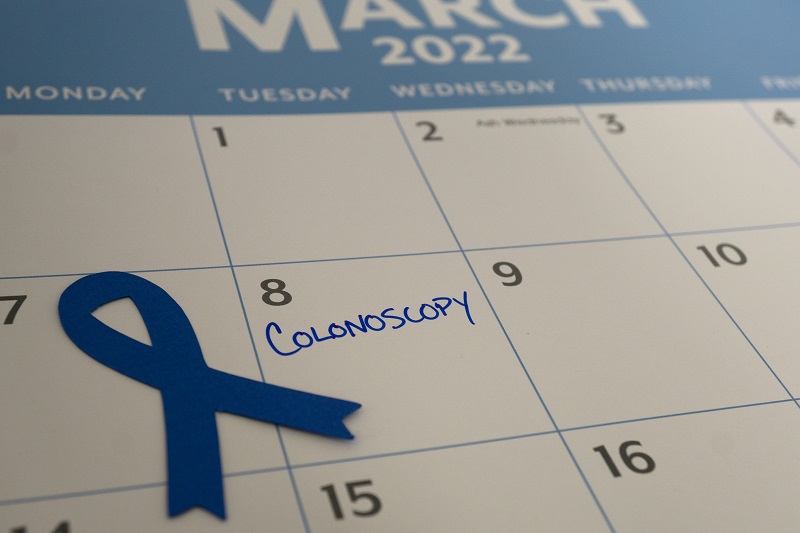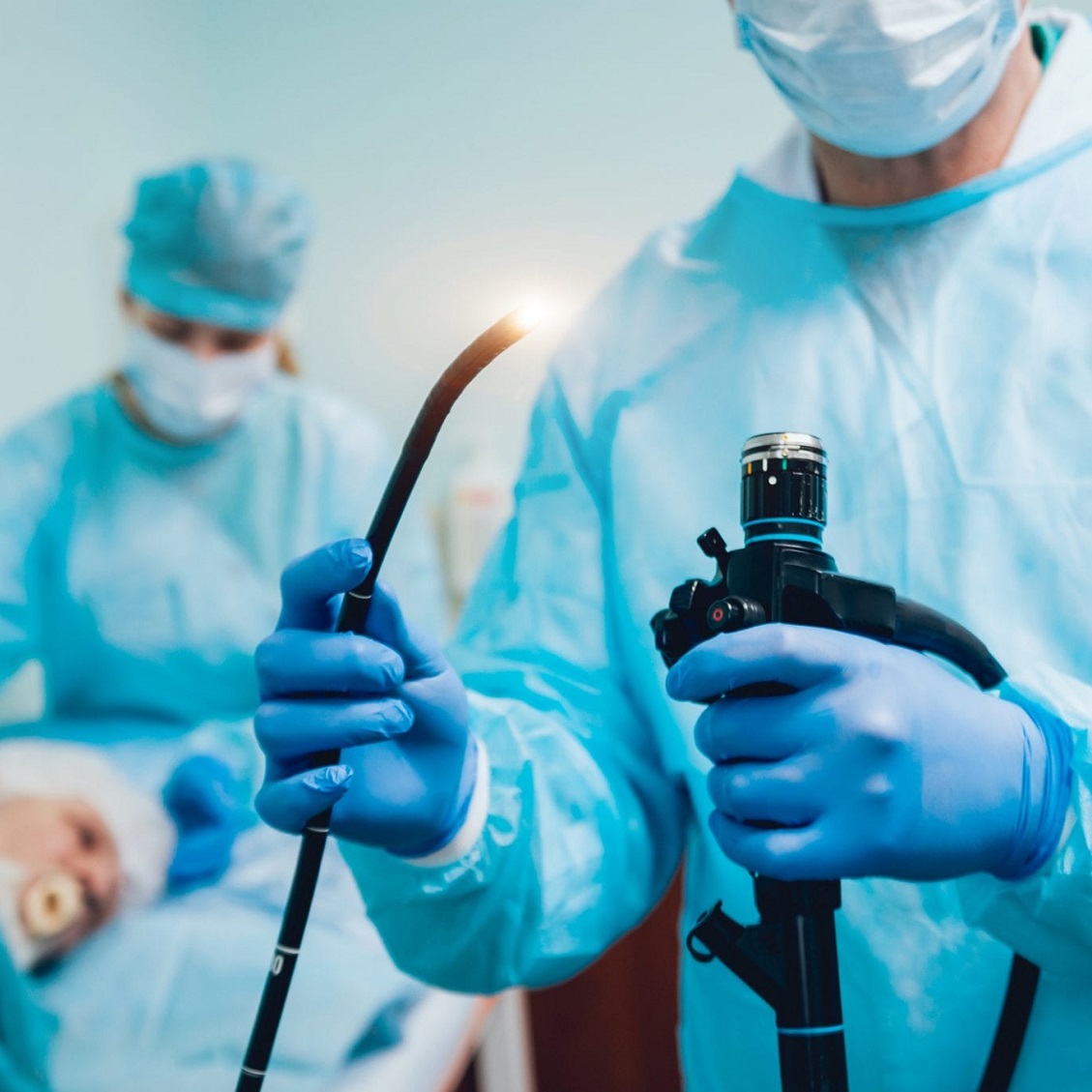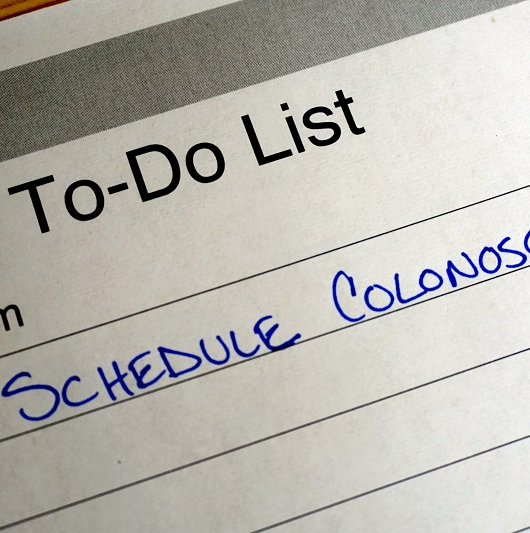Colonoscopy vs. At-home Screening: Which Is Right for You?

April 05, 2022
Updated September 16, 2025
Catching cancer before it begins or at an early stage is the best way to fight it. Many cancer screenings require just imaging or a blood test. But the traditional way to screen for colorectal cancer, a colonoscopy, is a test few people look forward to.
That’s why, for some people, at-home colorectal cancer tests are an appealing option. But how do you know if they’re right for you? And are they as effective?
Our expert, Rosario Ligresti, M.D., chief of the Gastroenterology Division at Hackensack University Medical Center, explains how at-home tests compare to colonoscopies and how to choose the right screening for you.
Who Should Get Screened for Colorectal Cancer?
Colorectal cancer is one of the leading causes of cancer death in the U.S. Everyone with average risk should begin screening at age 45. If you have symptoms of colorectal cancer, a family history of the disease or other risk factors, your doctor may want you to start even earlier.
At-Home Screening Options
You may prefer an at-home colorectal cancer screening test for a few reasons:
- It offers privacy.
- You don’t have to prep your bowel with laxatives.
- You don’t have to have anesthesia.
- You don’t have to go to a hospital or outpatient facility.
At-home tests catch colorectal cancer by looking for blood in your stool, changes in your DNA or both. You need a prescription from your primary care doctor or gastroenterologist for an at-home exam. You will get a kit to collect your stool sample. You’ll mail your sample to the testing company. Your doctor will receive the results within a few weeks.
Dr. Ligresti says there are some things to keep in mind when thinking about an at-home test:
- At-home tests are less sensitive than colonoscopies in spotting precancerous polyps (abnormal growths).
- About 14 percent of positive at-home results—meaning abnormal—are false positives.
- At-home tests must be done three to 10 times more often than colonoscopies, depending on the type of test.
- If there is anything abnormal in your results, you may need a follow-up colonoscopy.
Colonoscopy
A traditional colonoscopy is an outpatient exam, meaning you can go home shortly after the procedure. Most people only need to have one every 10 years. Colonoscopies can help diagnose multiple digestive diseases, including colorectal cancer.
“Although a colonoscopy is considered the gold standard for colorectal cancer screening, it’s one of those things that many people dread,” says Dr. Ligresti. “For people at higher risk of colorectal disease, though, it is still the best option.”
Before your colonoscopy, you’ll need to prepare your bowel. You’ll do this by changing your diet and taking laxatives. Colonoscopy prep can be unpleasant, but there are ways to make it more comfortable.
WATCH: Dr. Ligresti shares everything you need to know about colonoscopy prep.
Prepping for your colonoscopy? Get tips to prep like a pro.
During the exam, your doctor will use a long flexible tube with a small camera to see inside your colon. Your doctor may take a sample or completely remove tissues that could be cancer.
Which Test Is Best?
Both at-home tests and colonoscopies have their pros and cons. If you’re considering an at-home test, Dr. Ligresti suggests basing your choice on your risk. While at-home tests may be an option for people with average or low risk, Dr. Ligresti recommends colonoscopy for people at higher risk, including:
- Those who have a parent, sibling or child diagnosed with colorectal cancer before age 60)
- Anyone who has had precancerous polyps or inflammatory bowel disease (IBD)
Next Steps & Resources:
- Meet our source: Rosario Ligresti, M.D.
- Make an appointment with a primary care provider or gastroenterologist near you to see if you’re due for cancer screening, or call 800-822-8905.
- Learn more about gastroenterology services at Hackensack Meridian Health.
The material provided through HealthU is intended to be used as general information only and should not replace the advice of your physician. Always consult your physician for individual care.








